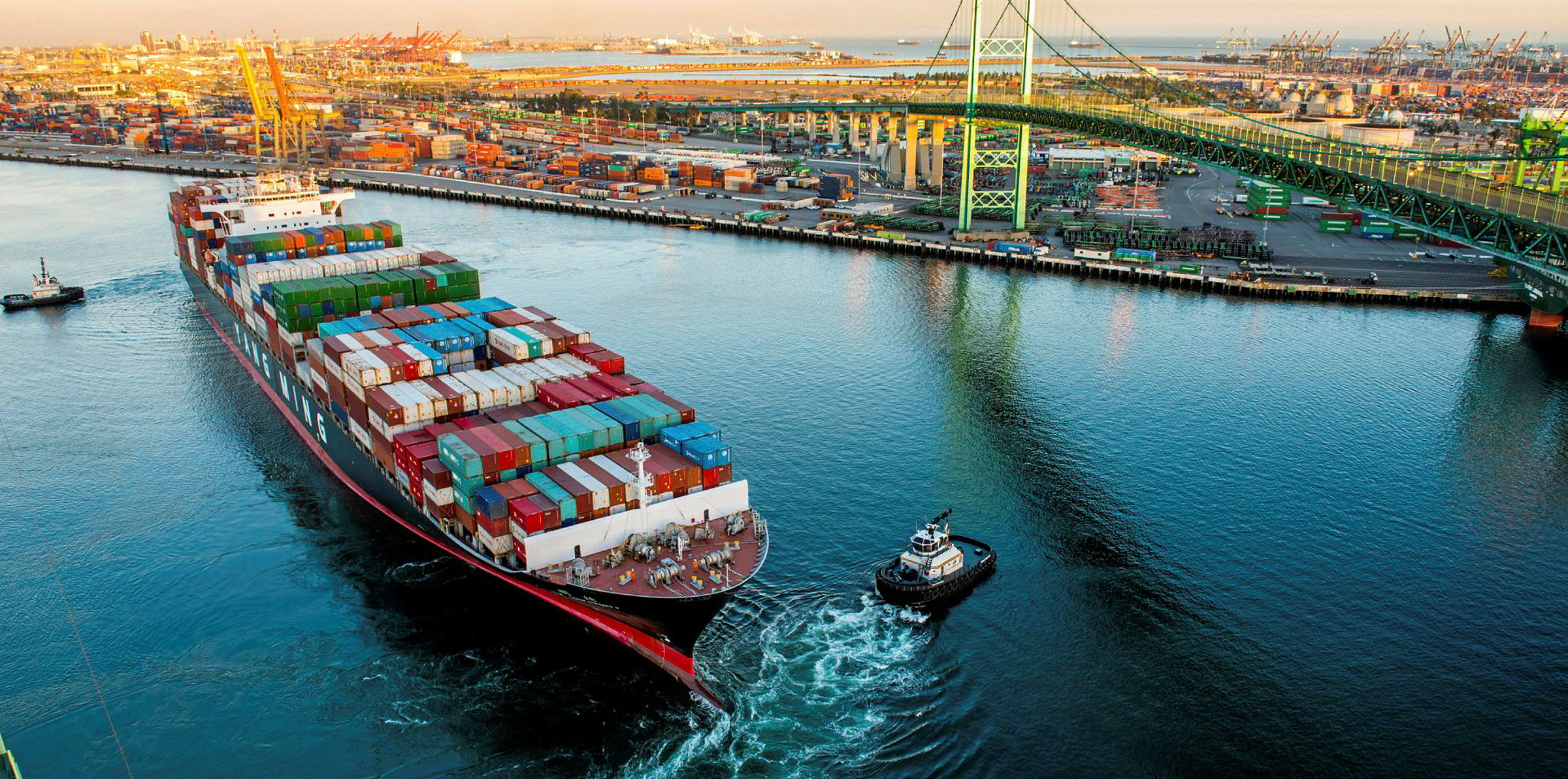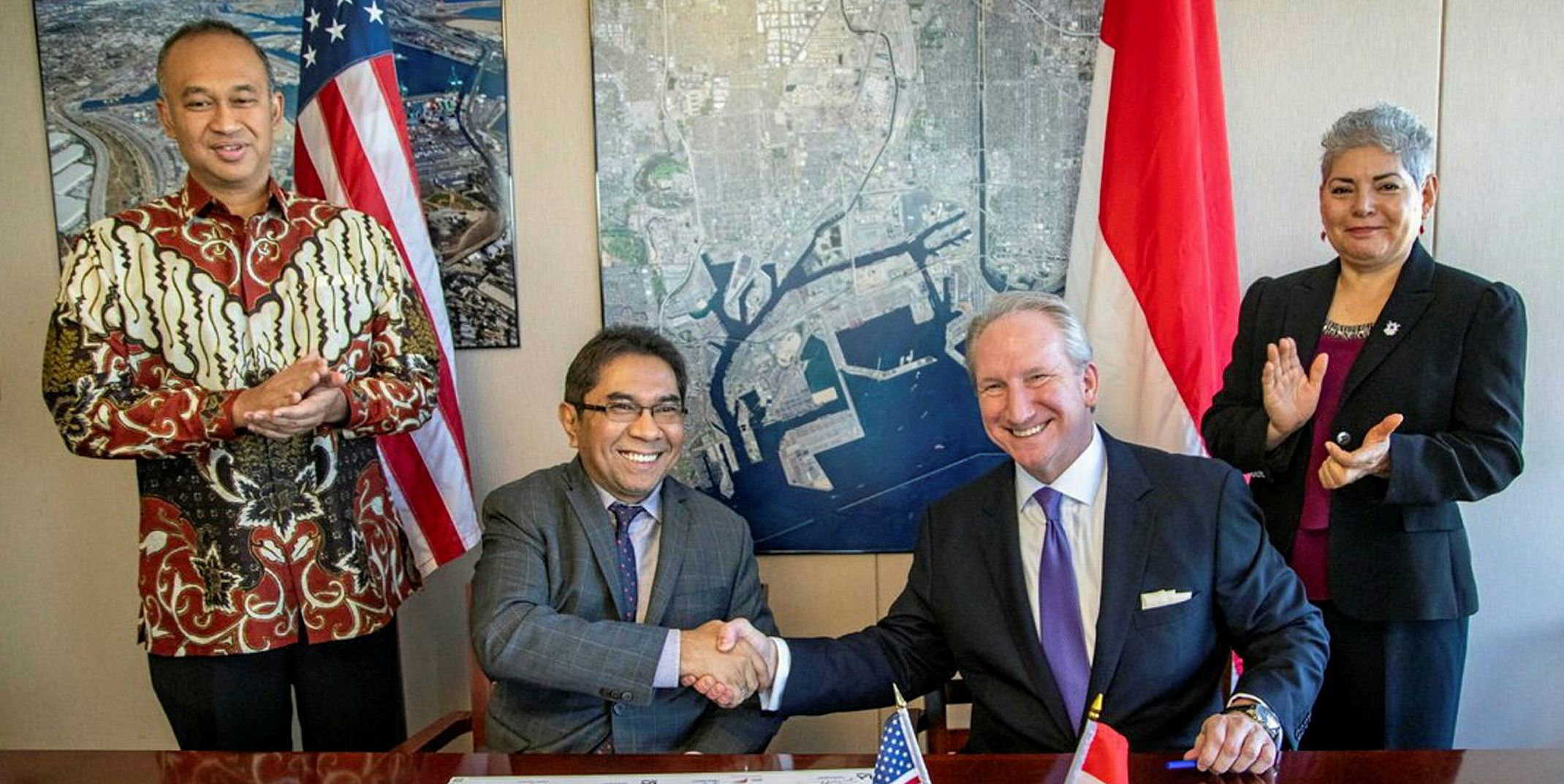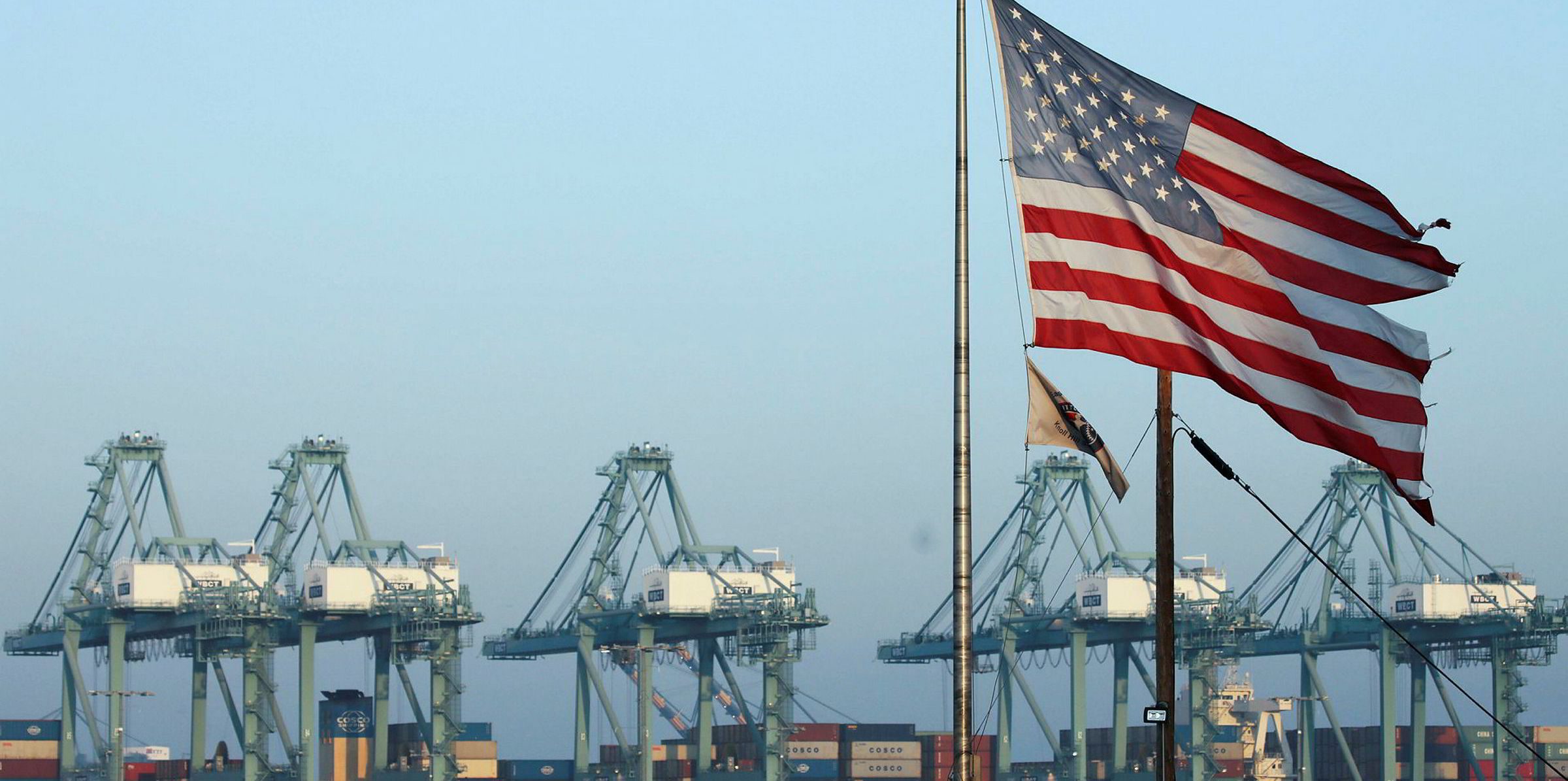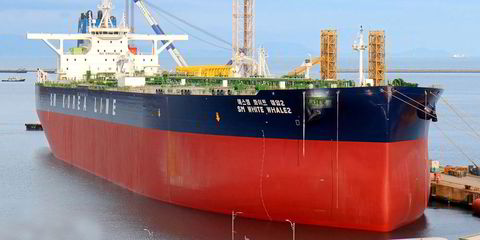Environmental sustainability projects are at the heart of a new agreement signed between the ports of Los Angeles and Nagoya in Japan.
The two Pacific coast ports said a memorandum of understanding (MOU) also calls for “further cooperation and information exchange” on projects focused on operational efficiency.
Nagoya’s “innovative” incentive system for LNG-fueled and LNG-bunkering vessels will be one of the areas under closer scrutiny by the US port.
Meanwhile, its Japanese counterpart has its eye on the Port of Los Angeles’ current demonstration project with Toyota Motor North America testing hydrogen fuel-cell electric heavy-duty drayage trucks and container handling equipment.
“International cooperation among ports is essential to assuring that our global supply chain and ports of entry are the most efficient and environmentally sustainable as possible,” said Gene Seroka, executive director of the Port of Los Angeles.
“Furthering our collaboration on these priorities with the Port of Nagoya is a natural next step, given our long-term sister port relationship and mutual interest in advancing port innovations and technology.
“Also of interest will be the Port of Nagoya’s centralized terminal operation system and centralized queuing gate process, both of which have helped make the port one of the most productive and efficient in Japan.”
Hideaki Ohmura, president, Nagoya Port Authority, said the Port of Los Angeles is undertaking visionary projects such as the development of the port optimizer and testing near-zero and zero-emissions heavy duty trucks.
“This agreement will increase our collaboration and bring further developments in efficiencies and environmental sustainability,” he said.
Late last year the Port of Los Angeles teamed up with Indonesia Port Corp (IPC) PT Pelabuhan Indonesia II (Persero) in a bid to boost trade.
The tie-up has seen the two ports collaborate on strategies related to port operations, commercial trade competitiveness, port and rail infrastructure development.
The agreement also involves the sharing of best practices on pollution reduction, alternative energy initiatives, and port security and safety programs.






